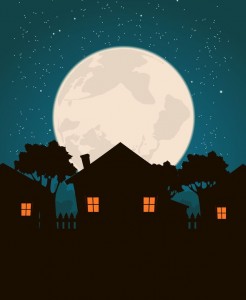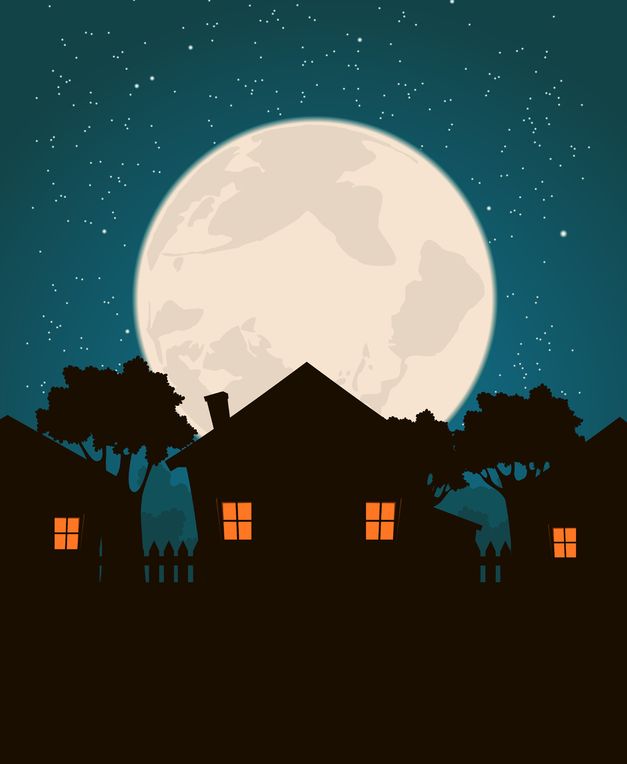According to a study in the journal Current Biology, there may a correlation between a full moon and the quality of sleep. In Switzerland, about 40% of the population report feeling the moon during sleep or blame the moon for a bad sleep, said lead study author Christian Cajochen of the Psychiatric Hospital of the University of Basel in Switzerland. The study had 33 healthy volunteers, between ages 20 and 74. Participants slept in strictly controlled conditions in a lab that had no windows so they could not see the moon. They were in the lab for 3 ½ days, and the humidity and temperature were always controlled. They were also unaware that the moon was a factor in the study.
The results of the study concluded that the full moon was associated with a 20 minute reduction of total sleep time. Researchers also found that it took the volunteers about 5 extra minutes to fall asleep during a full moon than a new moon. Deep sleep was on average about 30% decreased around the time of a full moon. The participants in the lab who slept closer to the day of a full moon also had lower evening levels of melatonin, a hormone important to circadian rhythm that drives the body’s cycles of day and night, therefore wakefulness and sleep. Current Biology’s study was not constructed to find out why the full moon may interrupt with sleep, but Cajochen believes the human brain may have an internal clock that is somehow synchronized with the moon.



Comments are closed.